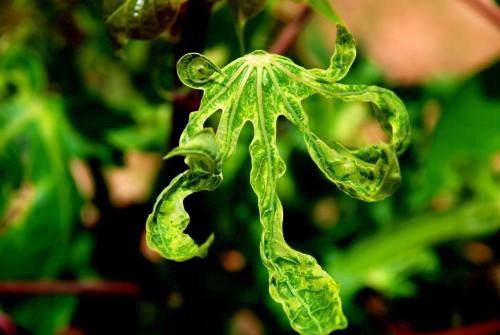Importance of humic acid in agriculture
Humic acid is a mixture of natural organic macromolecular compounds, which exists in all soils, plants and animals,and have been widely used in agricultural production in recent years due to their unique physiological functions.
Adding a small amount of humus to an acre of soil can improve soil condition.

Features of using Humic acid
- Improved soil structure, prevents high water and nutrient losses in bad soils.
- Regulates the pH-value of soils.
- Enhances plant’s nature resistance against diseases and pests.
- Stimulates root growth, and improves the plant’s uptake of nutrients and water.
What’s more,In addition to these above benefits, its role in plant stress resistance has also received increasing attention.
- Plant drought stress

Under drought conditions, the application of humic acid-containing fertilizer can promote the increase of proline content in plant leaves to improve the drought resistance of crops.
- Plant salt and alkali stress

Humic acid can enhance the salt resistance by regulating the change of fructose concentration and alleviating the damage of material membrane under salt stress.
- Plant temperature stress

Under low temperature stress, humic acid can increase crops’s proline and abscisic acid content, reduce the spead of transpiration rate, stomatal conductance and net photosynthetic rate of plants.Under high temperature stress, It enhances the heat resistance of crops by increasing the activities of crop superoxide dismutase and peroxidase.
- Plant disease resistance

Humic acid can promote growth by increasing the sugar content and chlorophyll content of leaves, which indirectly improves the disease resistance of crops.In fact,crops are constantly undergoing the test of the natural environment、pests and diseases, the use of humic acid will greatly benefit their growth.